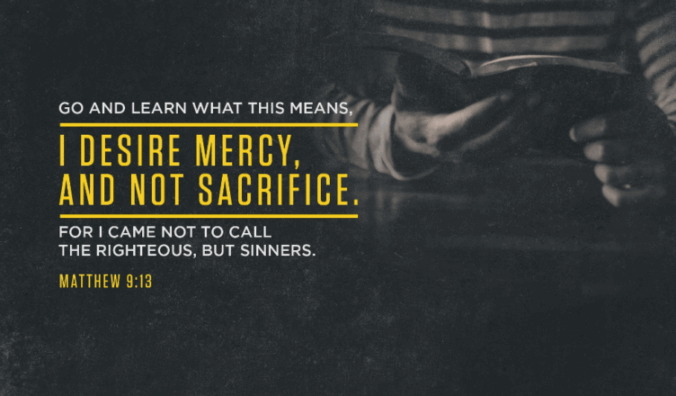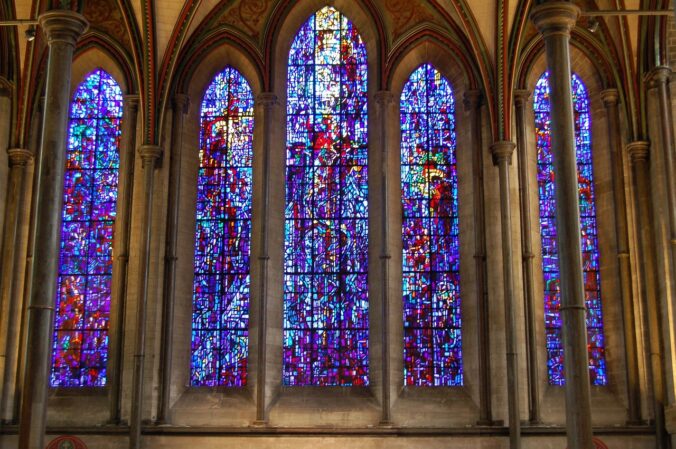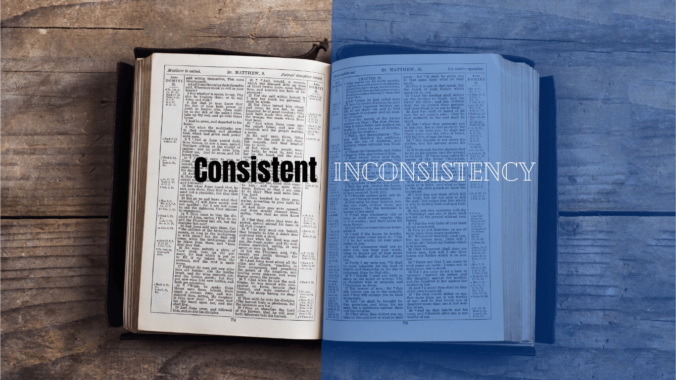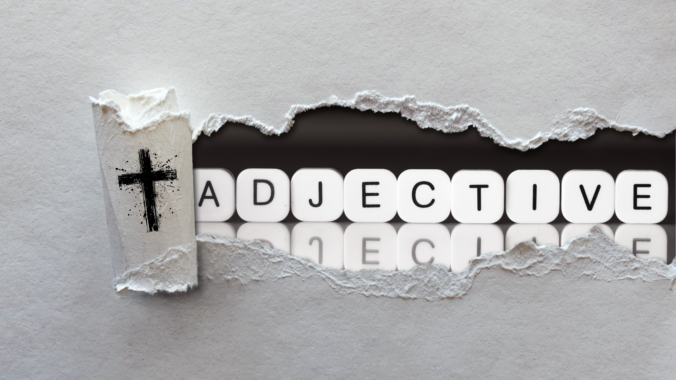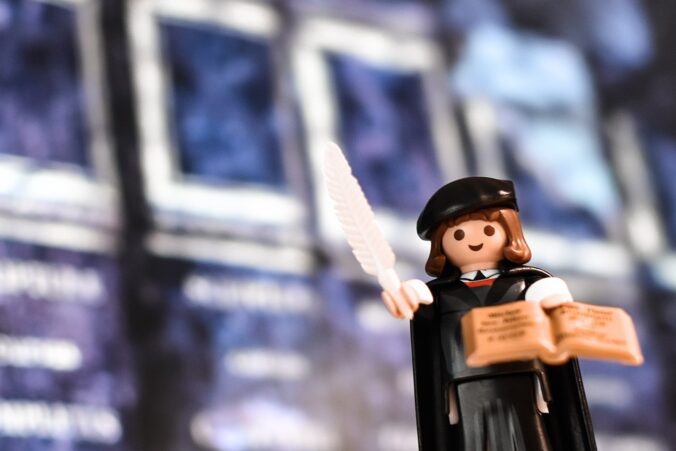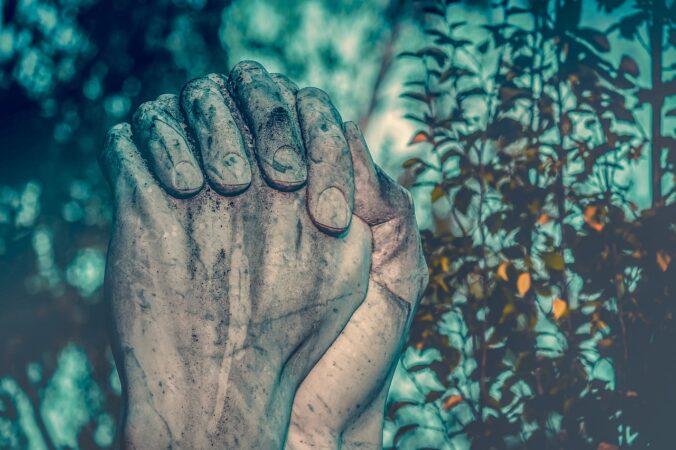The truth is neither a respecter of persons nor seen in the eye of the beholder. Nonetheless, each of us has a personal truth that either aligns or conflicts with objective reality. For most of my life I’ve been a walking contradiction that became gradually more aware of my idiosyncrasies. Self-awareness is a blessing and a curse. You can see things about yourself more clearly but too often get stuck in your own head, so you learn how to prevent others from seeing the inner struggle.
Laughter as a Mask
I’m adept at reading the room and have become quite the actor, learning which mask to wear to throw anyone off the trail of knowing the true me. Laughter can be a medicine or a mask. I can recall one of the first times I used laughter to cover the underlying anxiety that’s always just below the surface. I was in elementary school and decided to say out loud a clever line that popped in my head in response to the teacher. It was incredibly uncharacteristic of me. We’d just been given an assignment and all finished rather quickly. The teacher remarked “number one, you’ve not had enough time to finish this assignment” to which I replied, “number two, we’re through!” The class erupted in laughter and I learned how laughter can be an optical, emotional illusion. That discovery was a first step on a long and winding passageway of identity.
Who I Am
The truth is that I’m a rare personality type, and I’ve encountered precious few people who understand me, let alone share mutual interests. I can count on three fingers the people with whom I’ve felt the deepest resonance. The practical effect is that I have to hide my personality behind the smokescreen of small talk. Ironically, small talk is one of my most intense pet peeves.
To give a science fiction point of reference, I’ve been called Spock numerous times. The thing with being a “Vulcan” isn’t that there are no emotions but rather stronger emotions that require careful regulation. I’m incredibly empathic and feel the emotional landscape of my environment. So, I have to keep a lid on it to maintain decorum and the appearance of normalcy.
My personality type also has a limit on the amount of emotional investment I can maintain. This means I can only have a handful of close friends to connect with on a deeper level. For those few friends, I will go to the moon and back. But while that tight-knit group gets all of me, everyone else is kept at arm’s length. This also results in breaking ties with those who may have once been in that inner circle as needed. It’s not personal. It’s that I don’t have the emotional bandwidth to allow more than that handful of closest friends. I’m sorry for the relationships that just phased out or ended abruptly.
Due to my strong sense of independence, I strive not to burden others with my emotional or personal struggles. Yet because of the facade I maintain, it may well be unnoticed to the casual observer the state I’m in emotionally at any given moment. Sometimes a combination of emotional burnout and exhaustion removes my ability to mask my status.
One of the deepest longings of my heart is to be understood. Ironically, I’m an amalgamation of paradoxical and contradictory inclinations. I’m a perfectionist easily frustrated with details. I’m an introvert who craves the deepest of connections. I’m an optimist at heart with extremely pessimistic tendencies.
My love language is the mutual enjoyment of something in real time. I feel loved most when sharing genuine laughter with someone or discussing a common interest in depth. I seldom feel loved. I usually feel tolerated at best.
I expect everyone to operate with the same core values that I do in terms of motivation and interaction with others. I find transactional relationships morally repulsive and don’t tolerate that perspective well. Why not help someone just because it’s the right thing to do? How can anyone only offer kindness with the expectation of compensation? Is that kindness at all?
Identity and Culture at Large
There is a disconnect between my identity and how society seeks to define me, particularly as a man. Cultural and evangelical expectations of masculinity are distasteful and opposite of the personhood of Christ I see in the New Testament. Both the caricature of the incompetent sitcom dad and the workaholic, powerlifting, tycoon that forces their way through life like a bull in a china shop are hollow and harmful. There is more to being a man than emulating cultural idols. What of humility? What of sacrifice? What of weeping? What of compassion? What of righteous indignation? What of Christ?
I’m a product of a traumatic childhood and, in many ways, just a plain and simple damned strange man (haha). The truth is, I am who I am—but I’m also becoming who I am in Christ. I’m a sojourner discovering what it means to be a follower of Christ that simultaneously knows himself and denies himself. I’m still discovering what that means with the haunted and even hidden corridors of my inner dimensions. Even though you likely have a different outlook or personality from me, may the peace of Christ guide you through your own corridors with grace.

